A Lawyer That You Can Trust
Simple Battery Pc § 242
SIMPLE BATTERY – PC § 242
What Determines a Battery Offense Versus an Assault?
In California, Battery and Assault are two distinctly different crimes. While assault defines an attempt to use force on another, battery describes actual force or violence inflicted on another person. As opposed to assault, a prosecutor must show that the defendant willfully made contact with another person in such a way that caused harm to the victim. The Penal Code establishes varying degrees of severity for a battery. While Section 242 of the Penal Code sets the basic elements of a battery, a prosecutor can also use Section 243(d) when the victim suffered a “serious bodily injury.” In addition, the Penal Code includes specific code sections regarding battery against specified persons such as peace officers, police officers, firefighters, emergency response technicians, school employees, and others. The Penal Code also establishes separate laws regarding battery in the context of domestic violence.
What Are the Charges Associated with a Battery in California?
The type of criminal charge depends on the severity of the battery and the circumstances surrounding the crime. California state laws allow a prosecutor to pursue charges of aggravated assault or aggravated battery in the most serious cases. The prosecutor must show an “aggravating circumstance” to elevate the charges against the defendant. For example, use of a deadly weapon is often considered an aggravating circumstance that can elevate a charge to aggravated assault or aggravated battery. Another example of aggravated assault is assault with the intent to commit a felony such as murder or rape.
Penalties and Sentencing
Battery is a misdemeanor, meaning your maximum sentence is a county jail sentence of up to six months and/or a maximum fine of $2,000. You cannot be sent to state prison for a violation of PC § 242.
Assaults can vary between criminal and civil lawsuits. In contrast with a criminal assault case, a civil lawsuit would occur if the victim of the assault sued the perpetrator for any costs or damages related to the crime. For example, medical expenses or lost wages can be declared as damages. In these civil cases, the defendant does not have to be proven guilty of the crime to be sued for damages.
Defenses to both criminal and civil assault charges are one in the same.

Case Results
See How We've Helped Other People in Your Shoes
-
Case Dismissed Top Torrance Courthouse
-
Juvenile Case Dismissed Los Angeles Superior Court, Long Beach
-
Terminate Sex Offender Registration Top Torrance Courthouse
-
Charges Dismissed Top Torrance Courthouse
-
33 Charges Dismissed Top Torrance Courthouse
-
“Found Pat to represent me on a case after I made a dumb mistake. I was completely clueless. Pat made is so much less stressful and most of all he negotiated a deal that ended up getting my case dismissed.” - Kristin B.
-
“Pat helped me with a troubling legal situation. He made a very stressful process stress-free and was always available to explain each step of the process.” - Thomas B.
-
“He is exceptionally talented and knows his way around a courtroom better than most lawyers I’ve met. Pat is smart, aggressive and results oriented.” - Alan J.





